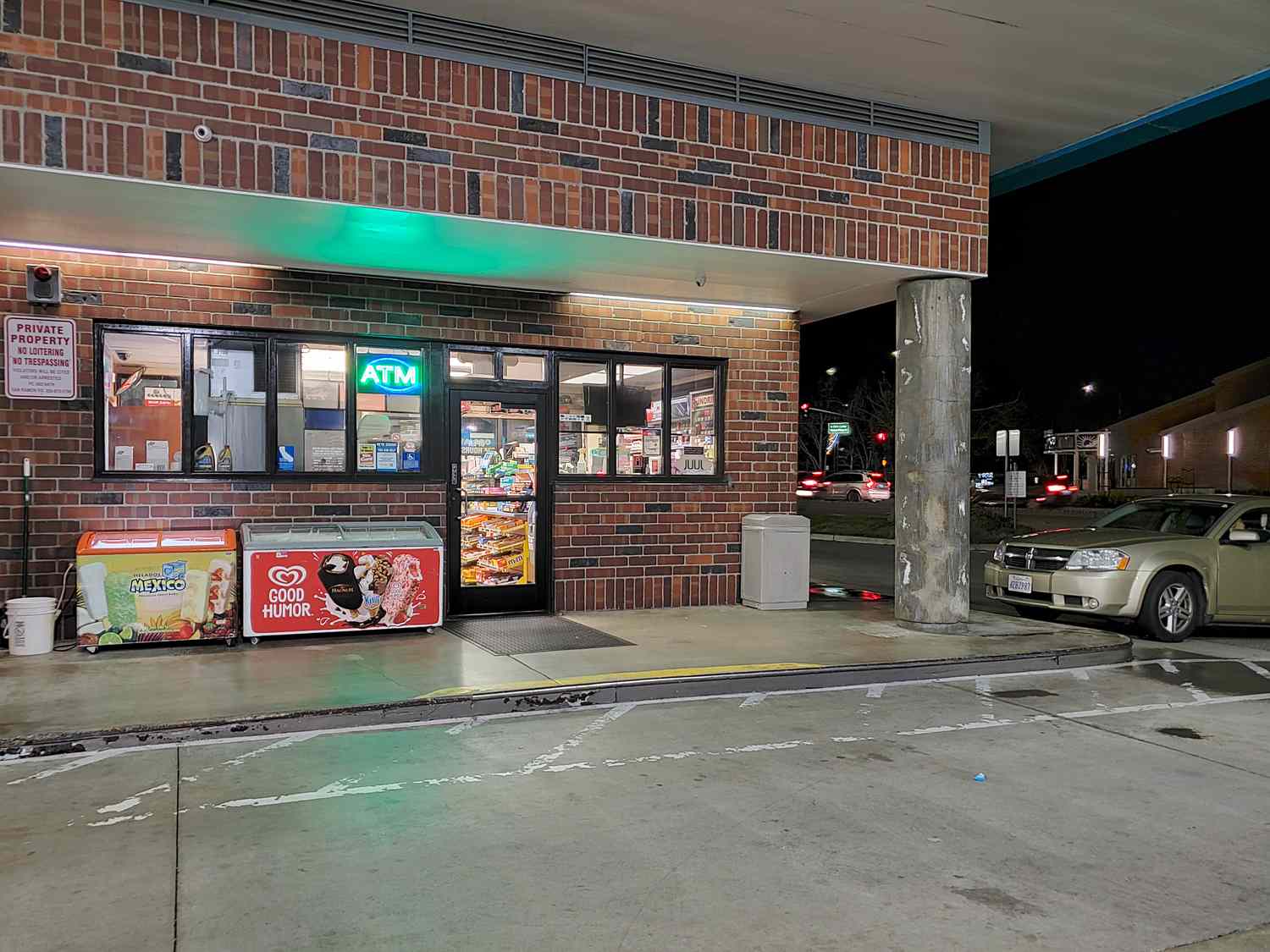[ad_1]
How we analyze and reform our meals applications begins with the language we use. Meals apartheid is an concept that sheds mild on the constructions that prohibit entry to cheap, nutrient-dense meals in low-income communities. It usually pushes ultra-processed meals with wasteful packaging that is not optimum for people or the planet. The time interval is normally utilized in dialog with meals desert, which refers to areas with restricted entry to supermarkets nevertheless does not point out the systemic factors that set off the low entry.
On this text, we analyze these phrases, the impacts of meals apartheid, and strategies to acquire further merely meals applications that promote meals sovereignty and sustainability.
Language Overview
When considering the origin of “meals apartheid,” sources usually search recommendation from a 2018 Guernica interview with Karen Washington, an activist and group organizer who popularized the time interval. Washington acknowledged throughout the interview that the time interval “meals desert” inaccurately represents neighborhoods that are not in shut proximity to supermarkets with nutritious meals. This has been echoed in a weblog by the Nationwide Sources Safety Council, which components out that “meals desert” has been criticized for undermining the vibrancy of the neighborhoods and implying, with utilizing “desert,” that these situations are naturally occurring.
Fairly the alternative, meals environments are constructed and designed unequally, with racial and monetary elements to analysis, and “meals apartheid” further exactly identifies the oppressive constructions that created this inadequate entry than “meals desert.”
“[‘Food apartheid’] seems on the entire meals system, along with race, geography, faith, and economics,” talked about Washington throughout the Guernica interview. “You say ‘meals apartheid’ and likewise you get to the inspiration motive behind plenty of the problems throughout the meals system. It brings in hunger and poverty. It brings us to the additional essential question: What are plenty of the social inequalities that you just see, and what are you doing to erase plenty of the injustices?”
Together with characterizing inequitable meals environments, the time interval “meals apartheid” begins an intersectional dialog about race, protection, agriculture, and reform.
Affect of Meals Apartheid
Neighborhoods not in shut proximity to supermarkets with nutrient-dense full meals may as an alternative be surrounded by or comprise fast-food consuming locations and luxury outlets. Areas within the USA with 4 or further nook outlets inside 1 / 4 mile or with an imbalance ratio of unhealthy meals have been referred to as meals swamps—although, like meals desert, this time interval has moreover been criticized for undermining the systemic draw back.
The impacts of consuming a weight reduction program of largely processed meals have been well-documented, notably obesity-related properly being points. And the related preponderance of single-use packaging is harmful for the planet. Nonetheless these impacted by meals apartheid—predominately low-income Black or totally different marginalized groups—wouldn’t have extra wholesome, further sustainable decisions obtainable to them.
Examples of Meals Apartheid
A variety of the evaluation carried out on meals apartheid takes place in U.S. cities with substantial socioeconomic vary. One analysis analyzed the meals environments in Salt Lake Metropolis’s Westside areas, the place numerous the metropolis’s immigrants and refugees reside. The researchers well-known that reliance on the industrialized meals system (Giant Meals, as they search recommendation from it) is normally launched because the one decision to meals scarcity—an technique that does not take care of structural inequalities that create meals apartheid.
Neighborhood-supported agriculture (CSA) farms, alternatively, can’t solely broaden meals entry however moreover bolster native meals system resilience. The subject of the Salt Lake Metropolis analysis, Yard Metropolis Gardens, promotes meals justice by allowing “the farmers to operate the CSA no matter not proudly proudly owning the land, which alleviates an enormous barrier for localized agricultural operations.”
Actually, addressing meals apartheid begins with documented examples and the community-based approaches people take to create further merely meals applications. An analysis of group food-growing areas and demographics in Philadelphia, as an illustration, found that not solely are Black and low-income neighborhoods further impacted by low entry to supermarkets nevertheless that these neighborhoods normally are inclined to have group gardens and concrete farms the place residents are actively resisting meals apartheid.
What Can Be Completed?
Meals apartheid is a matter rooted in systemic racism that won’t be solved by merely setting up further grocery outlets. Likewise, Karen Washington and totally different activists have recognized that whereas meals banks and soup kitchens do their half in feeding the hungry, they are not investing in and fixing the continued topic of hunger. Moderately, charity applications, which must be “reserved for emergencies,” have develop to be normalized as a response to the virtually 34 million Individuals who’re meals insecure.
Many of the measures that could be taken to deal with meals apartheid—corresponding to group gardening and concrete agriculture—may also be seen as acts of environmental justice. On the group diploma, meals justice organizations are devoted to educating people on strategies to develop their very personal meals. This empowers communities to not solely organize their very personal meals applications open air of the administration of corporations however moreover to place cash into place of birth and belongings sustainably. Neighborhood gardening might cut back meals waste, help people eat further pure, full meals, and strengthen people’s sense of group.
Meals environments throughout the U.S. and totally different nations won’t be invested in equally, which creates inequalities that end in meals apartheid in low-income areas. Creating further merely applications begins with shifting the primary goal from meals security to meals sovereignty.
[ad_2]
Provide hyperlink
